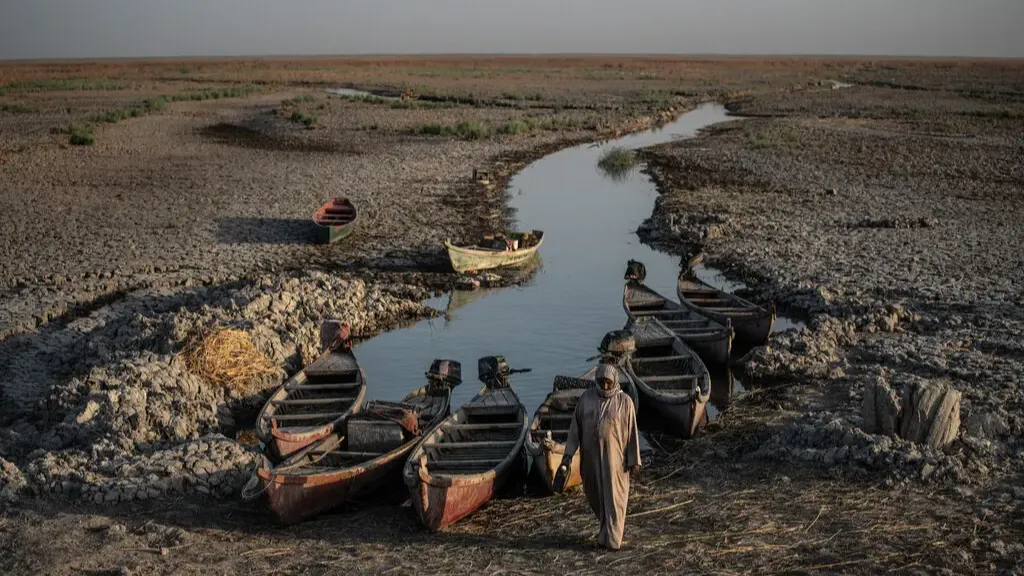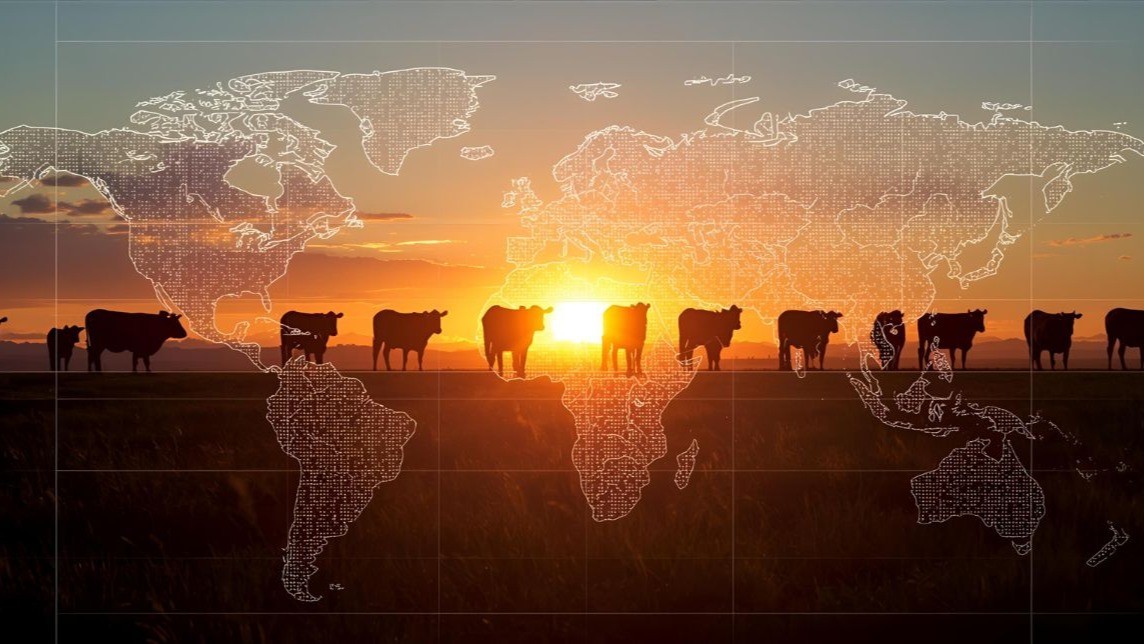Across the Middle East and the Balkans, communities are facing the harsh reality of prolonged droughts. From Syria to Turkey, Serbia, and Hungary, extreme heat and a lack of rainfall are depleting rivers and reservoirs, putting immense strain on agriculture, food supply, and water security.
In Syria, the country is experiencing its worst drought in 36 years, with wheat production slashed by nearly 40%. Wheat is a staple crop that underpins the state-subsidized bread program, essential for millions of households. The United Nations warns that around three million people could face severe hunger this year, adding to the challenges of a nation already scarred by years of conflict.
Turkey, too, is confronting critical water shortages. In Tekirdag, the Naip Dam fell to zero percent capacity this summer after months without rain. Some neighborhoods have gone weeks without running water, while residents in cities like Izmir and Usak face strict water rationing. Authorities have resorted to redirecting irrigation water for domestic use and drilling new wells, underscoring the urgency of the crisis.
In Serbia’s southeastern mountains, villagers are witnessing springs dry up earlier than ever, with livestock and crops suffering under sweltering 35°C heat. Across the Western Balkans, water shortages and wildfires are becoming more common, amplifying the vulnerability of both rural communities and urban infrastructure. Meanwhile, in Hungary’s agricultural heartland, rising temperatures and falling groundwater levels are undermining the viability of crops like corn, grain, and sunflower — staples of both local economies and international markets.
Scientists have long warned that the Mediterranean and Balkan regions are climate change hotspots, where rising temperatures and shifting rainfall patterns would intensify extreme weather events. Today’s droughts are not isolated incidents, but part of a broader trend that threatens food systems, ecosystems, and livelihoods.
The challenge ahead is clear: adapting water management, rethinking agricultural practices, and building resilience against an uncertain climate future. What is unfolding in Syria, Turkey, Serbia, and Hungary is a stark reminder that climate change is not a distant threat — it is already reshaping lives, economies, and environments today.



